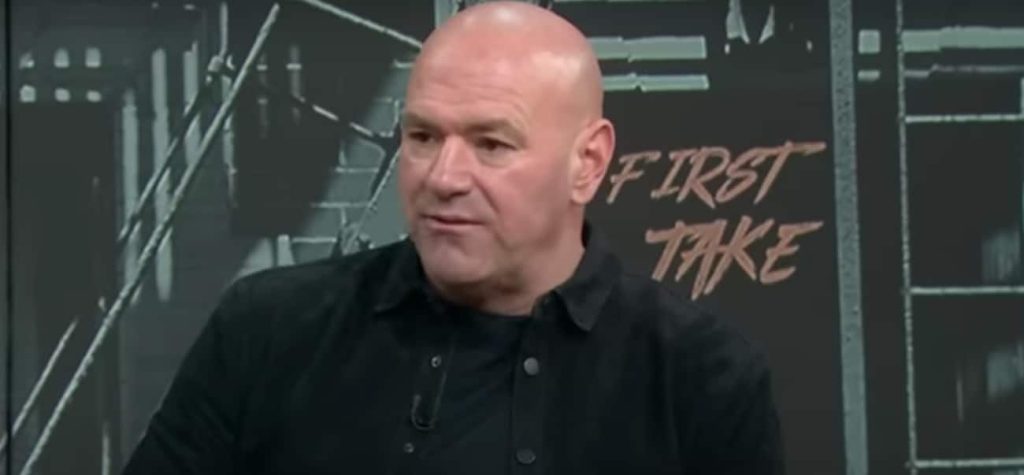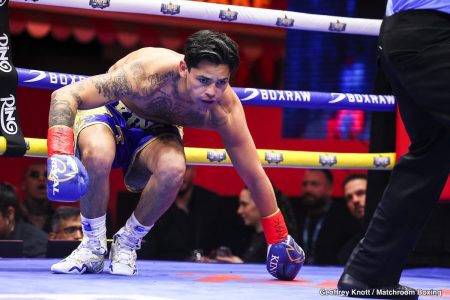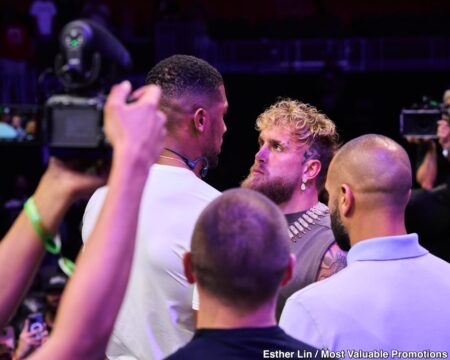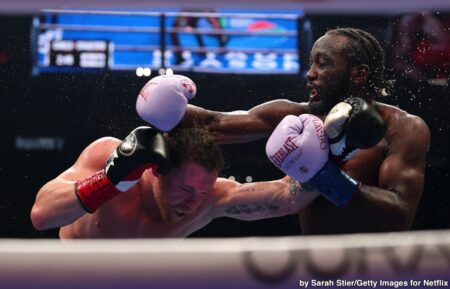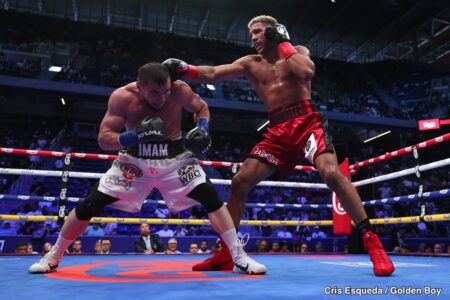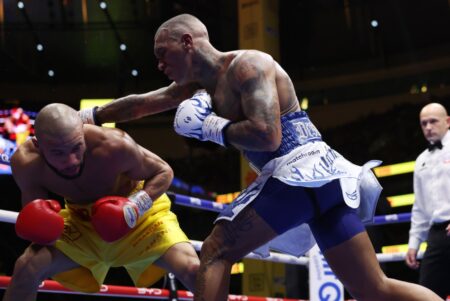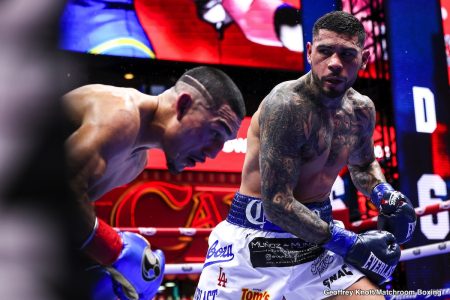A New Dawn for Boxing: Dana White’s Ambitious TKO League
Dana White, the mastermind behind the Ultimate Fighting Championship (UFC), has teamed up with Turki Alalshikh to launch a new boxing promotion league called TKO. White’s vision is to build this league from the ground up, using the successful UFC model as his blueprint. The UFC has revolutionized the world of mixed martial arts (MMA) by creating a centralized and structured platform where fighters can rise through the ranks and compete against the best. In an interview with ESPN’s First Take, White expressed his belief that this approach can also transform the fragmented boxing landscape. He plans to sign top fighters, ensuring they face each other in high-stakes bouts, and eliminate the redundancy of multiple sanctioning bodies. However, the feasibility and ethical implications of this model in boxing remain questionable.
Career-Shortening Risks: The Dark Side of Frequent High-Level Bouts
One of the most significant concerns with White’s proposal is the potential for shortened careers due to the grueling nature of frequent high-level boxing matches. In the UFC, fighters typically compete a few times a year, with ample time for recovery and training between bouts. Boxing, on the other hand, has traditionally seen fighters in the top ranks competing more frequently. Imagine fighters like David Benavidez and David Morrell facing each other repeatedly in a TKO league. The physical toll on these athletes would be immense. While such matches would undoubtedly provide thrilling entertainment for fans, they could be career-ending for the boxers involved. The punishment boxers endure is far more severe than in MMA, and constant exposure to such conditions is unsustainable. As a boxer myself, I would be hesitant to join a league where I am always pitted against the best, knowing the potential for long-term damage.
Unifying the Sport: A Double-Edged Sword
White’s vision of unifying the boxing world under one sanctioning body is compelling but complex. The current boxing system is fragmented, with multiple organizations like the WBA, WBC, IBF, and WBO each crowning their own champions. White aims to streamline this process, ensuring that the best fighters consistently face each other. However, this approach also has its drawbacks. Excluding fighters from other promotional companies and sanctioning bodies means that the "best" title will be limited to those within the TKO league. This creates a parallel to the American Football League (AFL) during the 1960s, which ran independently from the NFL. The two leagues only met in the Super Bowl, and a similar isolated format in boxing would not truly determine the world’s best fighters. Instead, it might lead to a Narrowed competition that does not reflect the broader talent pool.
The Ethical Dilemma: Fighter Welfare vs. Fan Entertainment
The debate surrounding the new TKO league is not just about competition but also about the welfare of the fighters. White’s model, where the best consistently fight each other, raises ethical concerns. While fans crave compelling and decisive matchups, the repeated exposure to intense competition can have severe health implications for boxers. In MMA, fighters have a more comprehensive approach to recovery and safety, including medical check-ups and extended breaks between fights. Boxing lacks many of these safety measures, and the risk of long-term injury is higher. The question remains: Is it fair to prioritize fan entertainment over the health and longevity of the athletes? The финансовые incentives offered by the TKO league might be tempting, but the true cost could be the premature end of promising boxing careers.
The Current System: A Multifaceted Approach
The current boxing system, despite its fragmentation, does have its advantages. Promotional companies like Top Rank, Matchroom, Golden Boy, and Premier Boxing Champions (PBC) often focus on setting up fights within their own rosters. This has led to a diverse and rich competition landscape where fighters can choose their opponents based on a mix of strategic and financial considerations. Turki Alalshikh, with his substantial financial resources, has been effective in signing top talent and creating exciting matchups. The beauty of boxing lies in its unpredictability and the variety of styles and strategies that can clash in the ring. White’s league might offer more frequent and high-profile fights, but it risks losing the diversity that makes boxing so engaging.
Building from the Ground Up: The UFC Model in Boxing
Dana White’s ambition to build the TKO league from the ground up is reminiscent of the early days of the UFC. When the UFC was first purchased, it started with a small roster of 12 fighters and gradually expanded, creating a clear hierarchy and competitive atmosphere. White believes that by starting small and focusing on quality fights, the TKO league can achieve similar success. He envisions a scenario where the top five fighters within the league are undeniable champions, and they fight each other to determine the world champion. However, the parallels between MMA and boxing are not exact. Boxing has a deeper history and a more complex ecosystem, and a small, isolated league cannot encapsulate the global talent pool. Even if the top five fighters in the TKO league are the best within that system, it does not necessarily mean they are the best in the world.
The Final Verdict: A Promising but Questionable Future
While Dana White’s TKO boxing league has the potential to bring much-needed excitement and clarity to the sport, it is not without its drawbacks. The risk of shortened careers due to frequent high-level competition, the ethical considerations of fighter welfare, and the limitations of an isolated league are all significant concerns. The current boxing landscape, with its variety of promotional companies and sanctioning bodies, might be fragmented, but it allows for a broader and more diverse competition. White’s model, inspired by the UFC, could work in boxing to some extent, but it needs to be adapted to the unique demands and traditions of the sport. Only time will tell if the TKO league can live up to its ambitious goals while ensuring the well-being of the athletes. For now, it remains a promising yet uncertain venture.

